Directory
- Share
Xinyi Li
- Scholar
- China
- 2021 PhD Medical Science at the Cambridge Institute for Medical Research
- Christ's College
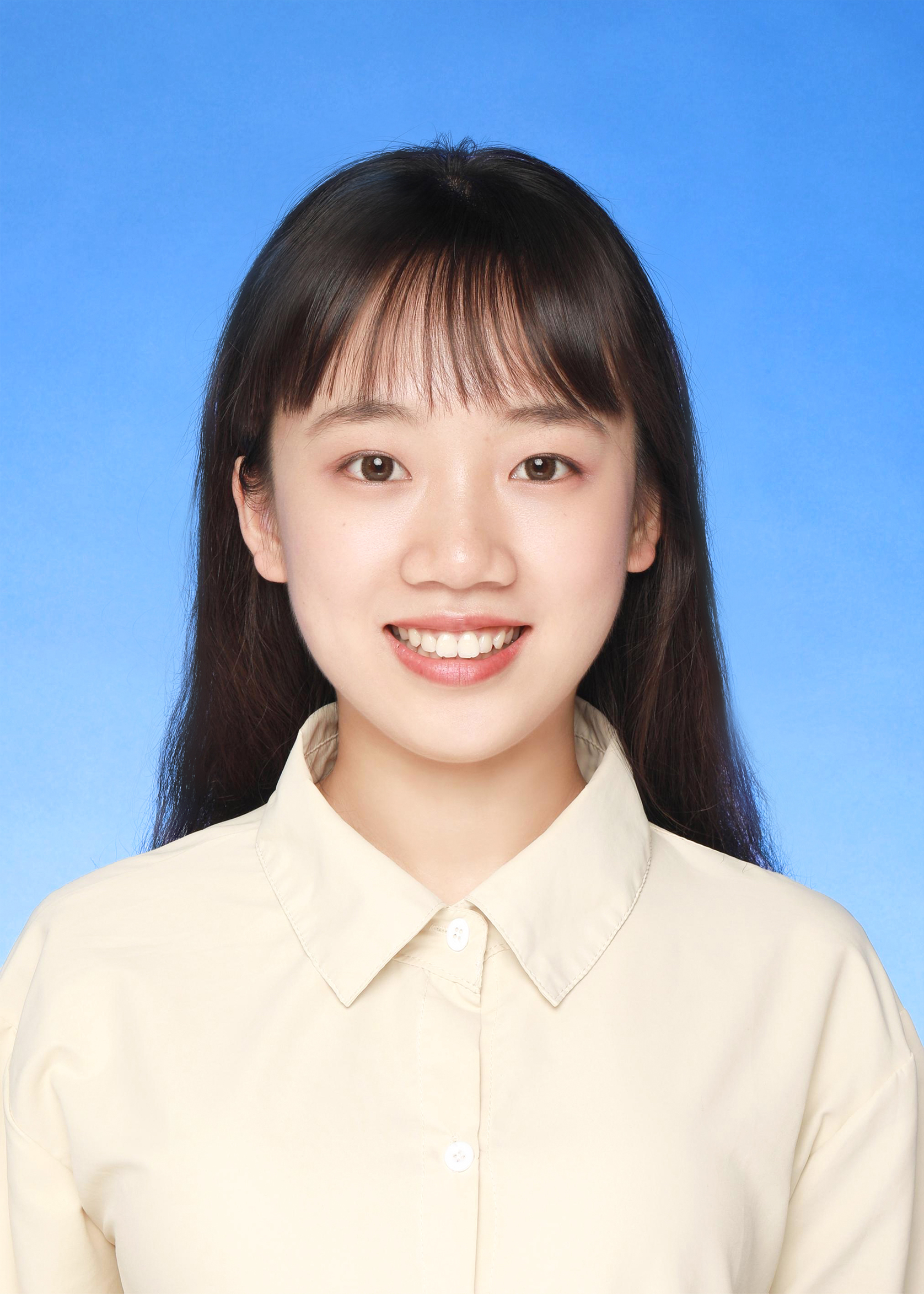
Xinyi Li
- Scholar
- China
- 2021 PhD Medical Science at the Cambridge Institute for Medical Research
- Christ's College
The childhood mystery behind my grandparents’ “magic” to keep annoying insects away from plantations with used mouthwash sparks my curiosity for life science. As a girl raised in an underdeveloped region in western China, I am the fortunate one of many who continues chasing my dream during my bachelors in Shanghai Jiao Tong University. Being exposed to interdisciplinary subjects ranging from molecular biology, immunology to computational structural biology enables me to appreciate the beauty of the human body. In particular, I am deeply fascinated by the elegant complexity of the physiology and pathology of the nervous system.During my PhD studies in Medical Science, I’ll seek to disclose the intriguing mechanisms underlying neurological disorders, and focus on designating therapeutic strategies for neurodegenerative diseases. With my effort, I am also hoping to promote equal access to science and innovation for individuals. It is a great honour for me to be selected as Gates Cambridge Scholar and I am looking forward to bettering society with the world’s bright minds.
Previous Education
Shanghai Jiao Tong University Biomedical Science 2021
Runhao Lu
- Alumni
- China
- 2021 PhD Medical Science at the MRC Cognition and Brain Sciences Unit
- King's College
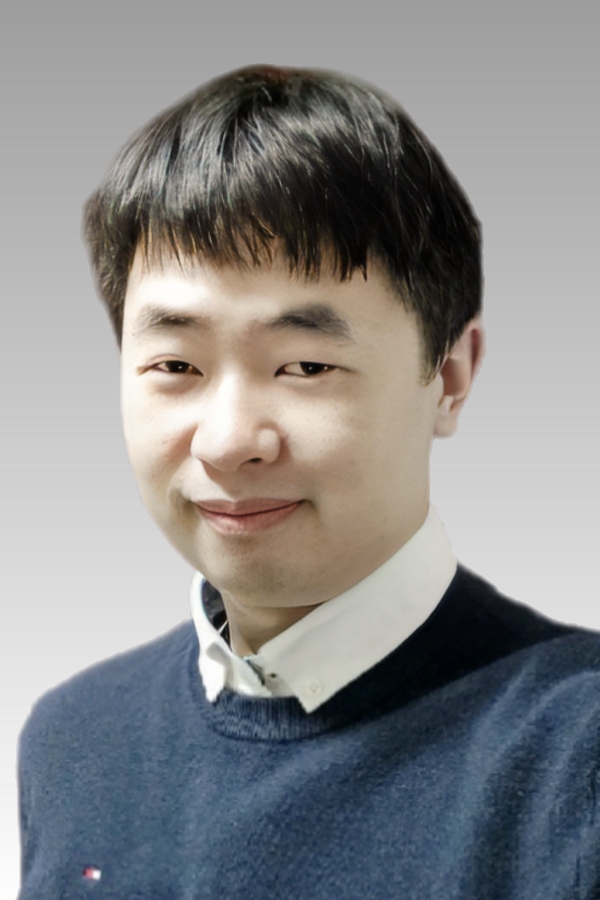
Runhao Lu
- Alumni
- China
- 2021 PhD Medical Science at the MRC Cognition and Brain Sciences Unit
- King's College
Growing up in Suzhou, a garden city with a splendid history in the east of China, I have always been interested in understanding how intelligence happens and how human brain works. During my undergraduate in Nanjing, I immersed myself in cognitive and developmental psychology and led a volunteer project for rural left-behind children, which influenced me to pursue another meaningful goal of improving the lives of underprivileged or left-behind children in rural areas by exerting my strengths in psychology and education. It was in my graduate period in the Chinese Academy of Sciences that I was exposed to Cognitive Neuroscience training. Captivated by the elegance of human brain, I firmly believe that it is my life career to be a neuroscientist. Thus, I decided to continue my journey with the passionate and outstanding scientists at Cambridge. During my PhD in Cognitive Neuroscience, I will further focus on the neural mechanism of cognitive control and the functional organization of human brain by using the combination of non-invasive brain stimulation and brain imaging in humans. I am profoundly honoured to be part of the Gates Cambridge community and I immensely look forward to working with others here to bettering the world.
Previous Education
University of Chinese Academy of Sciences Psychology 2021
Nanjing Normal University Psychology 2018
Clara Ma
- Scholar
- United States
- 2021 PhD Land Economy
- Selwyn College

Clara Ma
- Scholar
- United States
- 2021 PhD Land Economy
- Selwyn College
My research at the Cambridge Centre for Environment, Energy and Natural Resource Governance focuses on climate change mitigation, transportation, and food sustainability.
Emeline McClellan
- Alumni
- United States
- 2021 MPhil Classics
- Selwyn College

Emeline McClellan
- Alumni
- United States
- 2021 MPhil Classics
- Selwyn College
I grew up in Athens, Georgia and earned a bachelor’s degree in Classical Languages at the University of Georgia. Both of my parents are classical musicians, and because of this a deep love for sound, language, and music has shaped my research interests in Classics. As I pursue an MPhil degree in Classics at Cambridge, I plan to write a thesis on Augustine’s theories of music. I believe that studying the role and function of music is worthwhile because it means exploring how art touches the emotions and influences human behavior. The arts assume that life has meaning, they unify human beings around hope, and they foster philosophical principles useful for action in the world. Music in particular communicates emotions that link each human mind to something greater than itself. I hope that a thesis on ancient musicology, investigating the connection between beauty and emotion, can help illuminate the role of music today. I am honored to join the Gates Cambridge community as I commit myself to a forward-looking examination of ancient musicology, believing that both literature and music prepare individuals for thought and action in the world.
Previous Education
University of Georgia Classics 2021
Mishika Mehrotra
- Alumni
- India
- 2021 PhD Psychology
- Christ's College
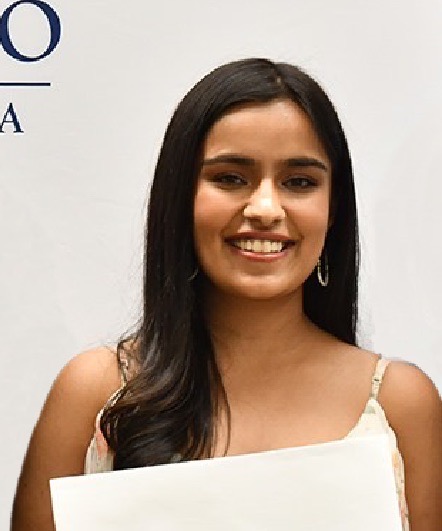
Mishika Mehrotra
- Alumni
- India
- 2021 PhD Psychology
- Christ's College
I was born and raised in India, and completed my Bachelor of Science degree in Psychology at the University of Toronto in Canada. It is here, at UofT, that I developed an interest in children’s cognitive development. The findings of my honours thesis prompted me to think about the role that caregivers can play in promoting children’s development. At Cambridge, I will examine how parent–child conversations at mealtimes influence children’s self-regulation. This is an important line of inquiry to pursue because self-regulation is associated with children’s short-term success as well as their long-term wellbeing. Through my research, I hope to inform low-cost family interventions to promote children’s wellbeing by exploring how a seemingly mundane family routine could have profound implications for children’s developmental outcomes. My goal is also to translate and mobilize knowledge gained through research for stakeholders in our community, such as parents and teachers.
Previous Education
University of Toronto Psychology 2019
Paula Mendoza-Moreno
- Scholar
- Venezuela
- 2021 PhD Chemical Engineering
- Churchill College
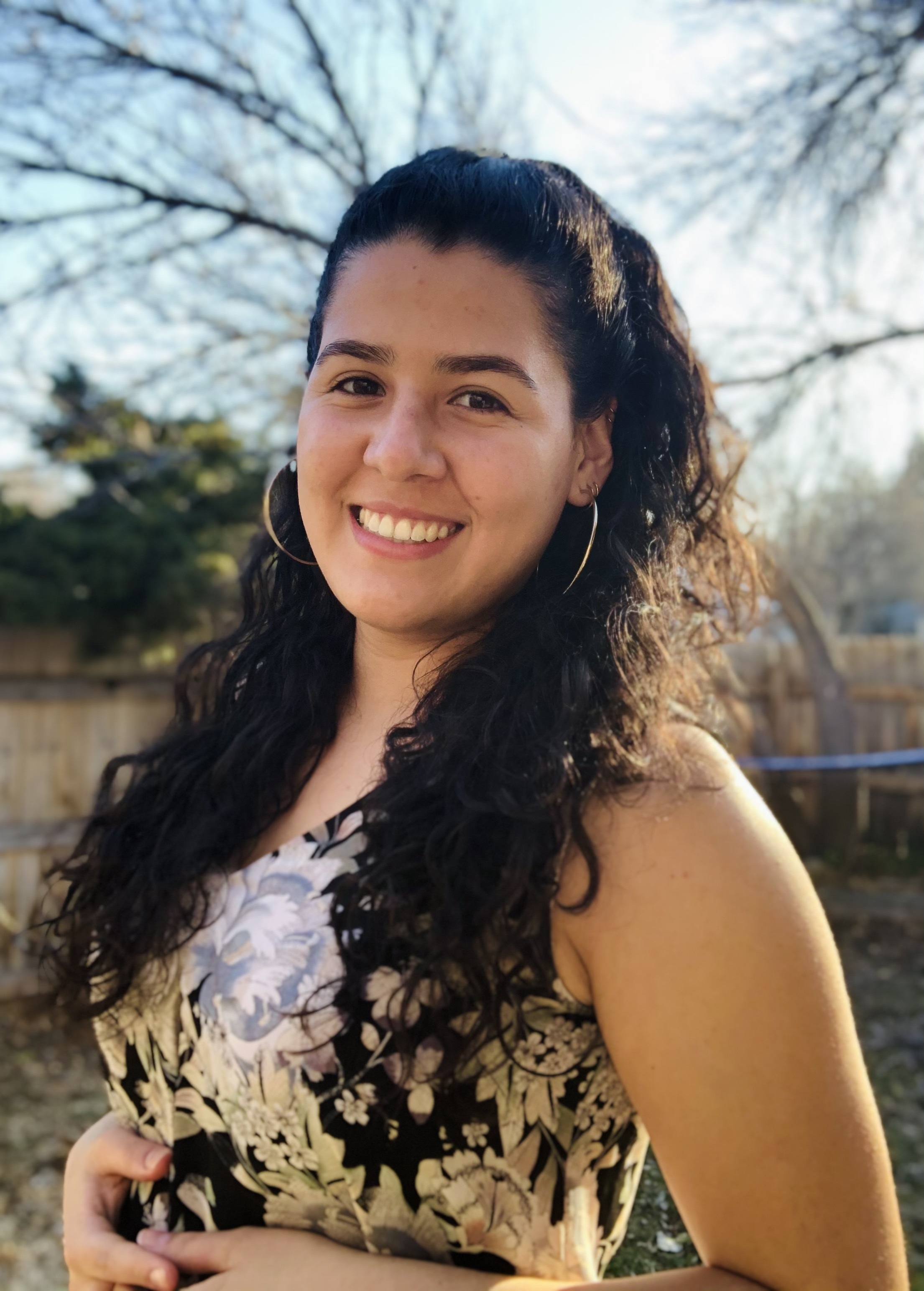
Paula Mendoza-Moreno
- Scholar
- Venezuela
- 2021 PhD Chemical Engineering
- Churchill College
Growing up in Bejuma, Venezuela, I witnessed how the unreliable energy system of the country threatened food supply, health care facilities, public transportation, and access to clean water. These factors contribute to widespread poverty, rising death tolls, and a mass displacement of refugees in countries that experience similar crises. After obtaining a BSc in Chemical and Biological Engineering at Colorado State University, I developed a fascination for the beauty of chemical processes and their power to deliver uncompromised and sustainable energy access. This is important because I believe every person deserves safe and renewable energy to enjoy a high quality of life. During my Ph.D. in Chemical Engineering, I will investigate liquid hydrogen production and commercialization as an alternative to decarbonize the aviation sector and manage climate change. The process will be challenging and intriguing because of the difficulties of handling and storing hydrogen within aviation constraints, minimizing boil-off, and addressing the safety of hydrogen in the liquid state. This research will address energy scarcity, climate refugees, and ultimately improve the lives of people in the most vulnerable regions of the world.
Previous Education
Colorado State University Chemical and Biological Eng 2021
Alexa Mousley
- Scholar
- United States
- 2021 PhD Medical Science at MRC Cognition and Brain Sciences Unit
- Corpus Christi College
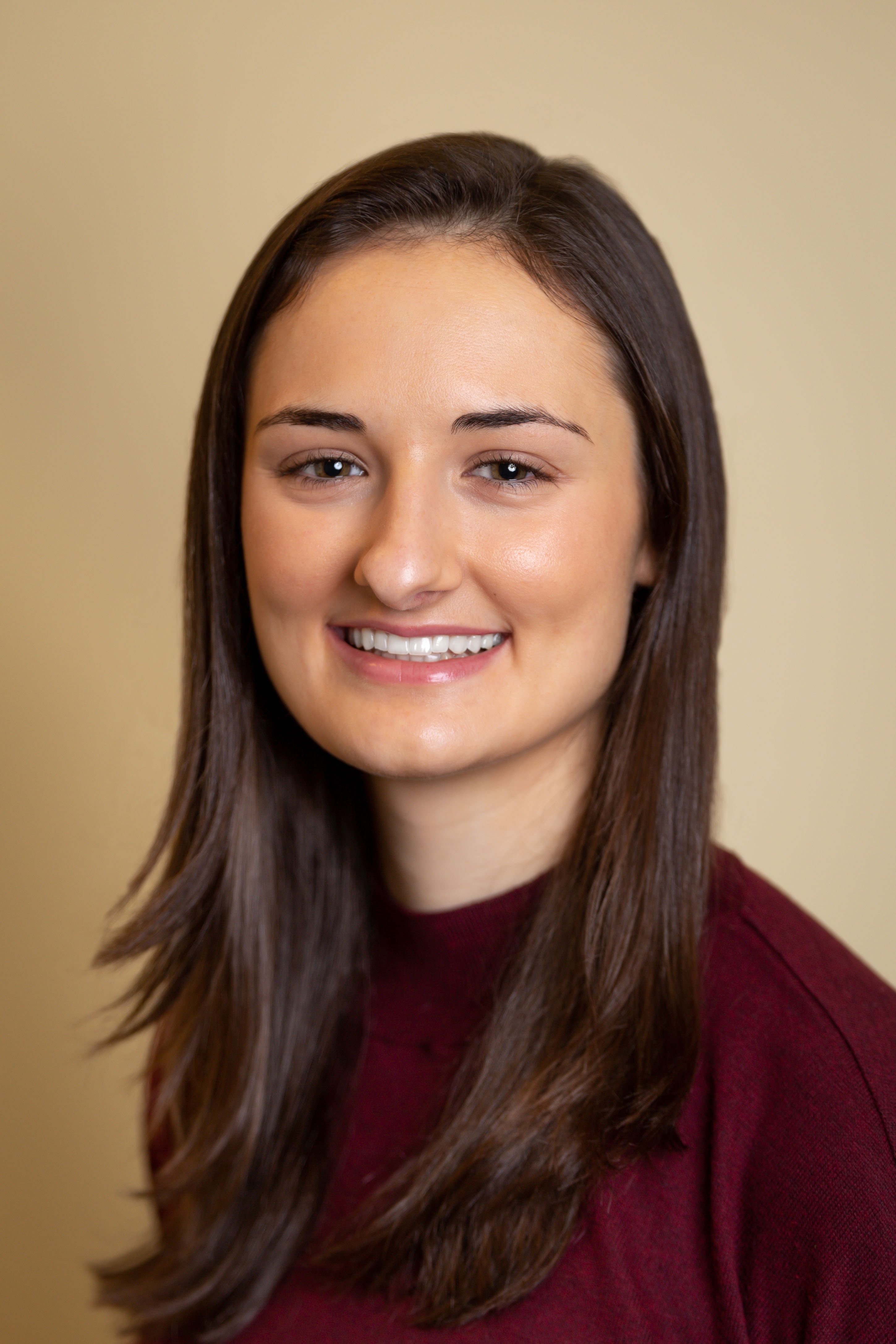
Alexa Mousley
- Scholar
- United States
- 2021 PhD Medical Science at MRC Cognition and Brain Sciences Unit
- Corpus Christi College
As a neuroscience and behavior major at Vassar College, I realized I was as passionate about digitally reconstructing mouse neurons as I was about working one-on-one with preschoolers in the on-campus nursery. I went on to intern at a neuroimaging research laboratory, where I saw the power and potential of brain imaging technology to conduct impact-oriented research. As a PhD candidate at Cambridge’s MRC Cognition and Brain Sciences Unit, I will explore the neural mechanisms underlying various cognitive and behavioral profiles in a heterogeneous group of children with learning-related difficulties. Ultimately, I aim to model the dynamic relationships between neural, behavioral, and cognitive development, capturing nuanced individual differences to inform evidence-based strategies that support children with learning challenges. In my free time, I enjoy being outside and playing basketball and rugby. I am honored to be part of the Gates Cambridge community and excited to learn from scholars from around the world.
Previous Education
Vassar College Neuroscience and Behavior 2020
Anna Mullin
- Scholar
- Australia, United Kingdom
- 2021 PhD Physics
- Trinity College
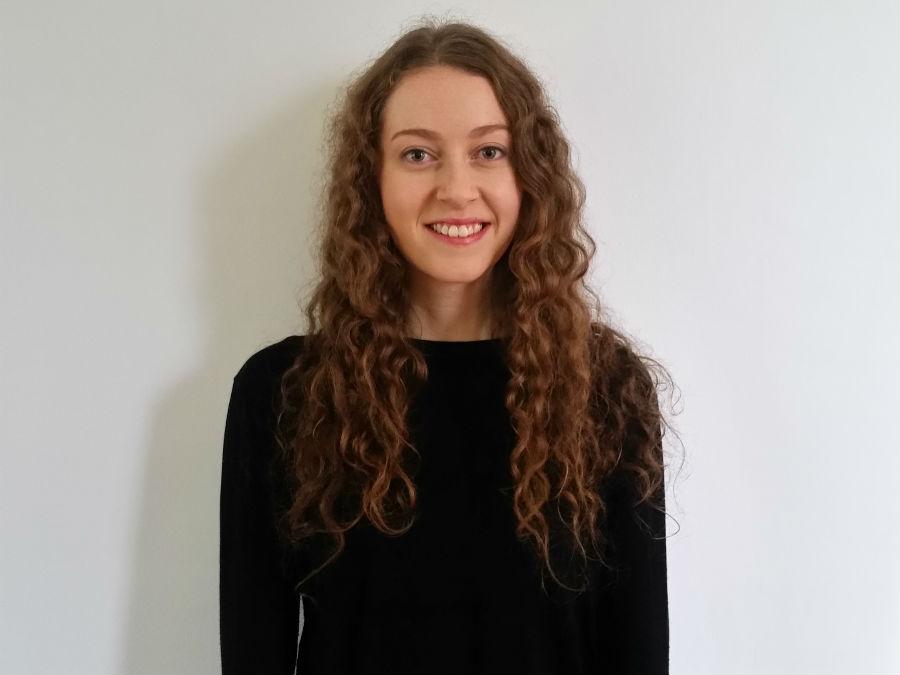
Anna Mullin
- Scholar
- Australia, United Kingdom
- 2021 PhD Physics
- Trinity College
Learning physics so far for me has taken place at the University of Adelaide, where I encountered particle physics research in theory and experiment which aims to discover how the constituents of matter piece together. Since childhood I have enjoyed libraries, where I found interest in many genres, including the physical sciences. Physics research brings me the challenges and slow joys of understanding, this time learning about what is to my mind the most rewarding area of knowledge: interactions on the smallest scales. I hope to learn more about the complexity in fundamental matter by creating new ways to probe its interactions more precisely. Continuing from my Masters research, I will study some of the remaining questions in particle physics, seeking signatures of new physics beyond the Standard Model. Improving our sensitivity to new physics is a key step towards detecting dark matter, which will be a fascinating discovery for physicists and non-physicists alike. I am passionate about connecting science research with the wider community, and wish to collaborate towards increasing enthusiasm for nature.
Previous Education
University of Adelaide Physics 2021
University of Adelaide Physics 2018
Clara Munger
- Alumni
- France
- 2021 PhD Physiology, Development & Neuroscience
- St John's College
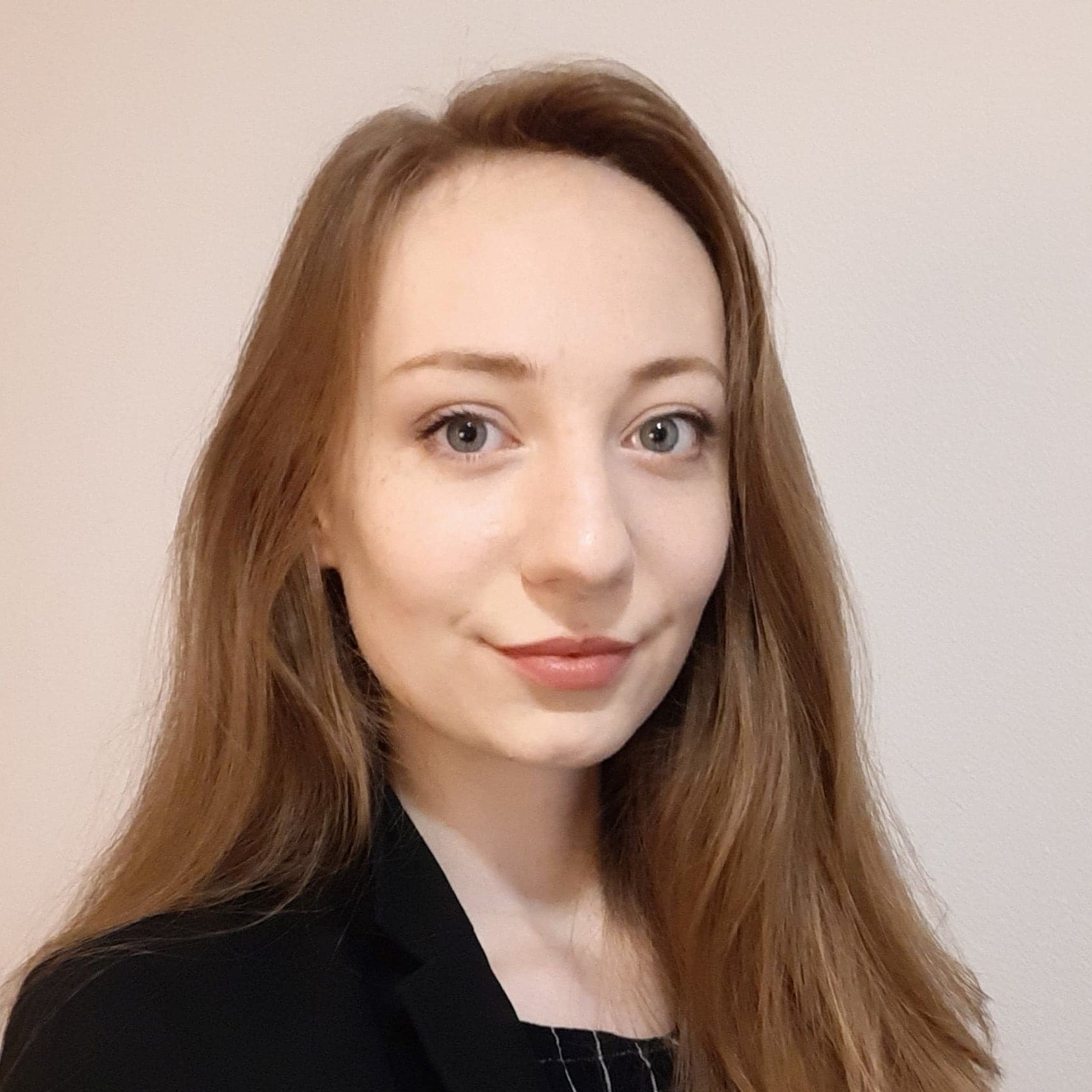
Clara Munger
- Alumni
- France
- 2021 PhD Physiology, Development & Neuroscience
- St John's College
My master's degree in natural sciences at AgroParisTech allowed to gain insights into different fields of biology and taught me an interdisciplinarity approach to science. Amazed by the zygote’s ability to form a complex organism from a single cell, I was particularly drawn to the field of developmental biology. Since the vast majority of developmental studies were performed in mice, during my PhD I wish to further elucidate embryonic development in our own species. Human peri-implantation development still remains a black box and I hope that by combining stem cell biology and microfluidic technologies, I will be able to shed light onto the underlaying mechanisms of how organisms form. Passionate about natural sciences, I wish for everyone to have access to such education. Therefore, I have been working for several years with the charity organization Agros Migrateurs, which aims to enable refugees arriving in France to resume their studies in the field of science. I am honoured to join the Gates Cambridge community, which shares a common desire to make a positive impact on the world.
Previous Education
AgroParisTech Biotechnology 2021
Lycée Jean Rostand Strasbourg BCPST 2017
Dasha Nelidova
- Alumni
- New Zealand
- 2021 MPhil Genomic Medicine
- Murray Edwards College (New Hall)
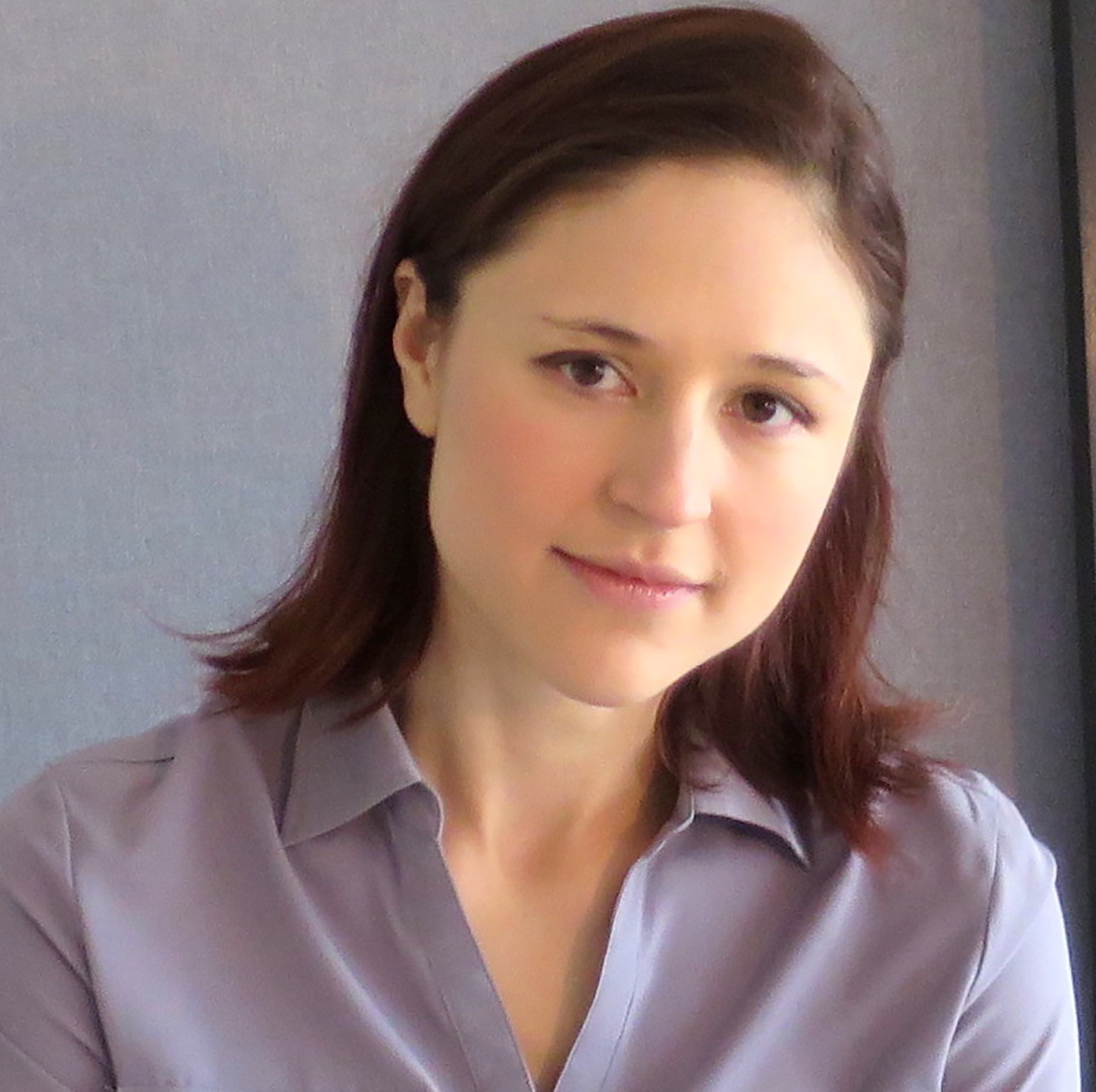
Dasha Nelidova
- Alumni
- New Zealand
- 2021 MPhil Genomic Medicine
- Murray Edwards College (New Hall)
I completed my undergraduate degrees in Medicine, Surgery and Human Biology at the University of Auckland, New Zealand. I completed my Ph.D. in neurobiology at the Friedrich Miescher Institute for Biomedical Research, Basel and at the Institute of Molecular and Clinical Ophthalmology Basel, Switzerland. I work on developing new translational technologies for treating retinal diseases that lead to blindness.
Previous Education
Oxford University Medical Statistics 2023
University Basel Neurobiology 2019
University of Auckland Medicine and Surgery 2012
Barbara Neto-Bradley
- Alumni
- Portugal, Canada
- 2021 PhD Plant Sciences
- St Catharine's College
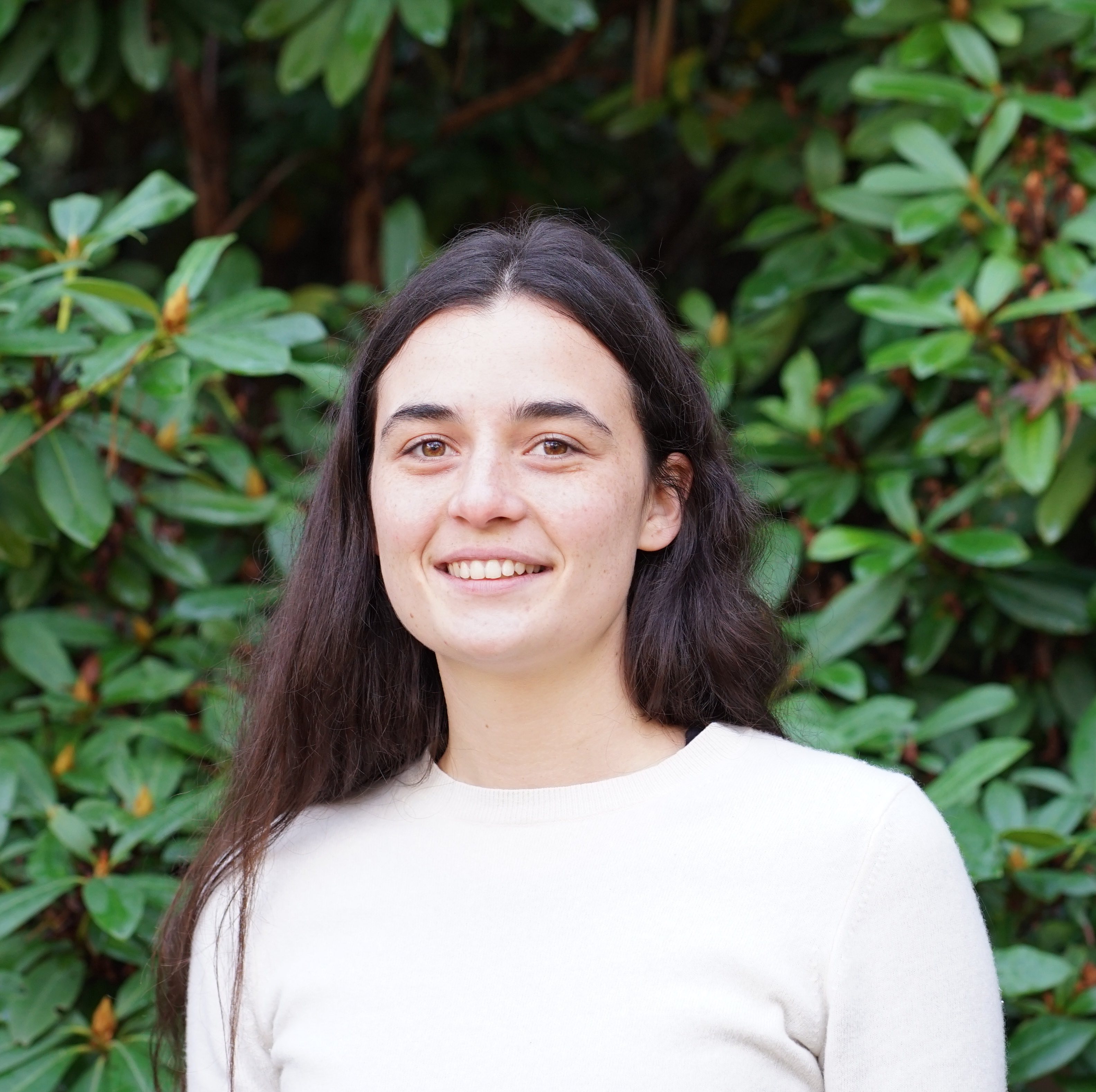
Barbara Neto-Bradley
- Alumni
- Portugal, Canada
- 2021 PhD Plant Sciences
- St Catharine's College
I grew up in Portugal, before moving to Vancouver, Canada for university. At the University of British Columbia I discovered a love of plants. I was drawn into research thanks to a work-learn position at the Beaty Biodiversity Museum’s Herbarium, followed by a MSc in Botany. It was here that I learned how to time travel. For shallow timescales, I used natural history specimens to learn about plant responses to climate change. On deeper timescales, I studied the macroevolutionary patterns of plant photosynthesis. In tandem, I served on the board of a student-run food co-operative where I learned about and contributed to a collaborative effort to reduce on-campus food insecurity by facilitating access to nutritious and sustainably grown foods. These experiences have highlighted for me, the interconnectedness of topics surrounding plant ecology, evolution and conservation with food and agriculture. During my PhD I hope to delve into understanding tropical oak species from an interdisciplinary perspective that draws on all of these aspects.
Previous Education
University of British Columbia Botany 2020
University of British Columbia Biology 2018
Tin Long Chris Ng
- Scholar
- Hong Kong
- 2021 PhD Pharmacology
- Jesus College
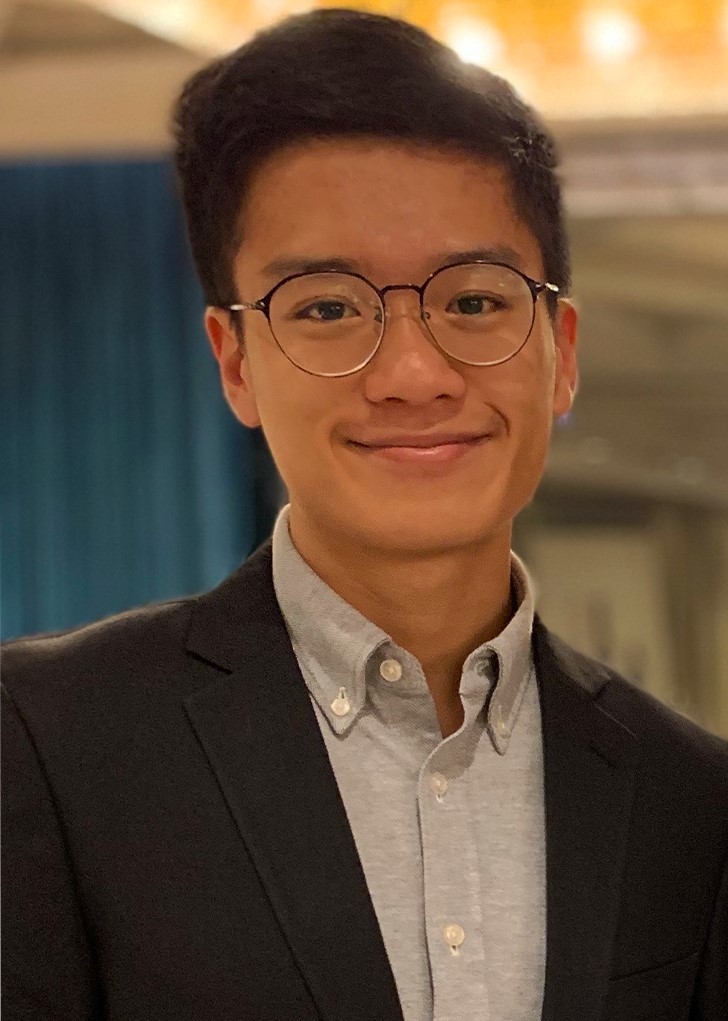
Tin Long Chris Ng
- Scholar
- Hong Kong
- 2021 PhD Pharmacology
- Jesus College
Coming from a modest local family in Hong Kong, I am the first of my immediate family to attend university. My mother often quoted a Chinese adage: ‘dream big, act small’, a phrase that inspired me greatly and, along with a supportive upbringing, fuelled my goal of being a biological researcher to aid the future of medical science. During my undergraduate studies at the Chinese University of Hong Kong, joining two research groups gave me the ground to explore a wide range of disciplines revolving around biochemistry, protein engineering, cell biology, and immunology. In my semester abroad at UC Berkeley, I took courses related to molecular pathologies such as cancer biology and infectious disease pathobiology. I treasured the tackling of difficult questions with others of diverse backgrounds and mindsets. My internship in a genetic diagnostic company strengthened my determination to focus on translational medicine and drug discovery in my postgraduate degree. With the support of this prestigious Gate-Cambridge Scholarship, I will be conducting a PhD in pharmacology seeking to study a novel strategy to treat cancers utilising a unique protein structure, allowing me to further contribute to the world’s scientific and medical fields.
Peter Nwokoye
- Alumni
- Nigeria
- 2021 MPhil Translational Biomedical Research
- King's College
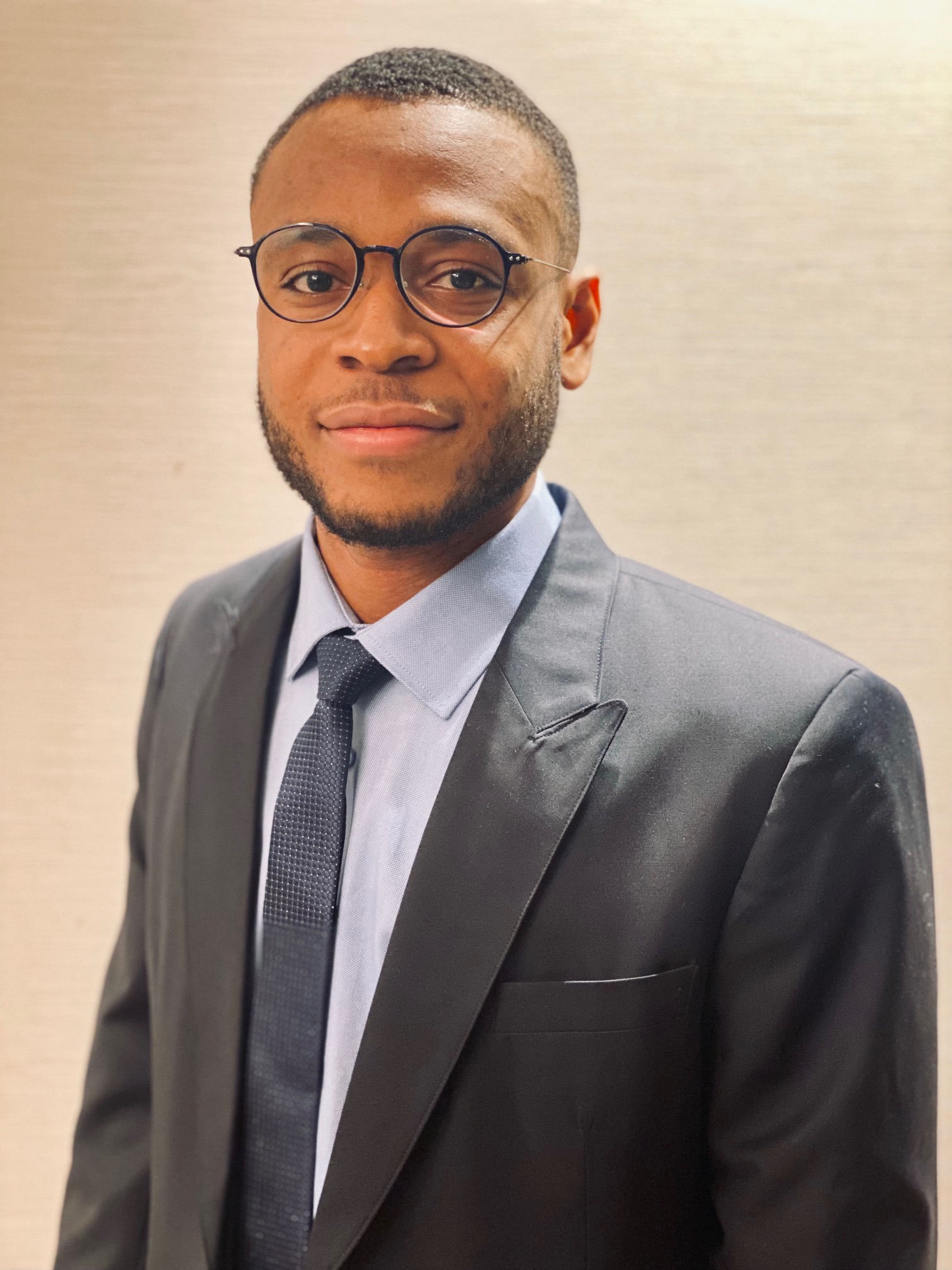
Peter Nwokoye
- Alumni
- Nigeria
- 2021 MPhil Translational Biomedical Research
- King's College
I grew up in Nigeria and completed my undergraduate studies at Barry University in the United States. My research interests lie at the intersection of the physical and life sciences. I have worked on the synthesis of novel selective muscarinic agonists and explored the mechanisms of signaling bias in family A GPCRs. I also examined the effects of embryonic alcohol exposure in zebrafish. While working in the medical lab at the Nigerian Air Force Hospital, Abuja, I developed an interest in the therapeutic targeting of multidrug-resistant bacterial infections. In developing countries, where antimicrobials are often indiscriminately prescribed and epidemiological surveillance is inadequate, the problem of multidrug-resistant infections is especially acute. At Cambridge, I will investigate the spatiotemporal evolution of antimicrobial resistance in bacteria, particularly those that cause gastrointestinal infections and are prevalent in low- and middle-income countries. The global and multidisciplinary learning network fostered by the Gates Cambridge Scholarship will enrich my graduate studies. I hope to learn from, contribute to, and be inspired by the diverse pool of talented Gates scholars and alumni from around the world.
Previous Education
Barry University Biology 2016
Barry University Chemistry 2016
Stanley Jachike Onyemechalu
- Scholar
- Nigeria
- 2021 PhD Archaeology
- King's College

Stanley Jachike Onyemechalu
- Scholar
- Nigeria
- 2021 PhD Archaeology
- King's College
Growing up in south-eastern Nigeria, a recurring phrase among elderly Igbo people in the region is, “before the War…”, followed by narratives of how things used to be and how things could have been. This piqued my interest in cultural heritage and how they are impacted by tragedies and conflicts. During my B.A. at the University of Nigeria, I studied how prolonged interregnal periods in certain Igbo communities, occasioned by succession difficulties after the death of a king, could impact cultural continuity. Now, I will be exploring the destructive and generative impacts of Nigeria’s 30-month Civil war, remembered as the “Biafran War”, on the cultural identity and patrimony of the Igbo people. At Cambridge, my PhD research will focus more explicitly on the complex interaction of conflict and intangible heritage and the dissonances in memorialisation, canonisation, representation and silencing. I hope to further our understanding of the uses of heritage during conflicts and to help post-conflict communities to develop comprehensive approaches to their heritage in order to inform policies for dealing with the legacies of difficult pasts. I am thrilled to belong to the Gates community and I look forward to an impactful partnership.
Previous Education
University of Nigeria Cultural Resources Management 2020
University of Nigeria Archaeology and Tourism 2016
Blanca Piera Pi-Sunyer
- Scholar
- Spain
- 2021 PhD Psychology
- Darwin College

Blanca Piera Pi-Sunyer
- Scholar
- Spain
- 2021 PhD Psychology
- Darwin College
It was during my BSc in Psychology at the University of Amsterdam, NL, that I became interested in how social, cultural and environmental factors present in the immediate environment can bring about individual differences between people. It became clear that brain development and neuroplasticity play a crucial role in contributing to these individual differences and I developed a deep interest in developmental neuroscience. For this reason, I completed an MRes in Cognitive Neuroscience at University College London, UK, focusing on adolescent socio-cognitive development. I am especially interested in the period of adolescence (defined as 10 to 24 years) because 75% of socio-emotional disorders first appear during this period of life, highlighting the urgent need to better understand how the social environment contributes to the development of the brain and cognition. In a collaboration between the University of Cambridge and the Institute of Global Health in Barcelona, I will carry out an interdisciplinary PhD project that will assess how sociocultural and environmental factors contribute to self- and socio-cognitive processing in adolescence, and how these may be associated with risk and resilience to mental health problems.
Previous Education
University College London Cognitive Neuroscience 2019
University of Amsterdam PPLE - Psychology Major 2018
Gwendolyn Pyeatt
- Alumni
- United States
- 2021 PhD Biochemistry
- Churchill College
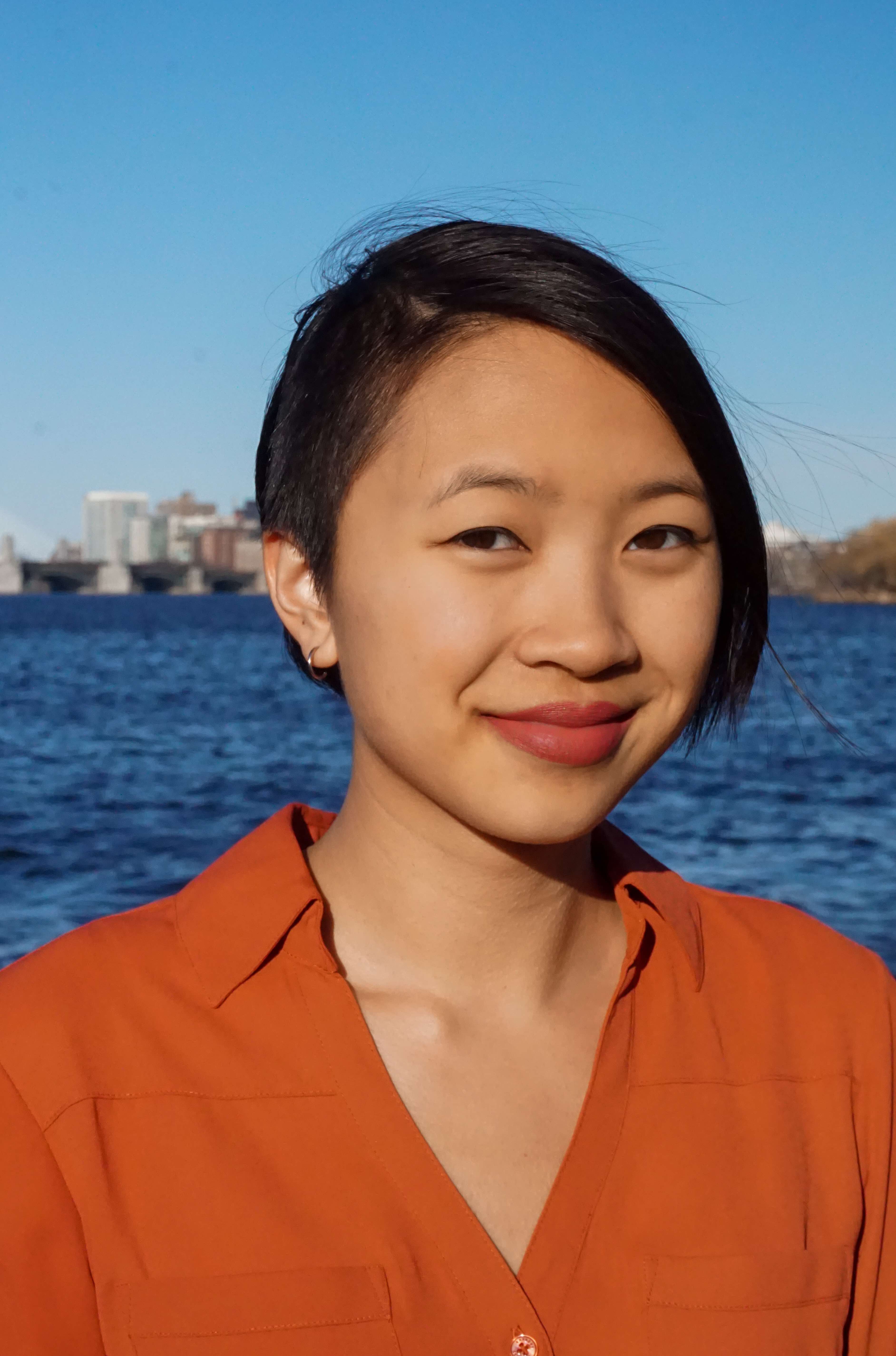
Gwendolyn Pyeatt
- Alumni
- United States
- 2021 PhD Biochemistry
- Churchill College
The ability to determine the detailed structures of macromolecules has always amazed me. In 7th grade, I was invited to participate in Project CRYSTAL, a program that pairs middle school students with PhD candidates to solve a protein structure using X-ray crystallography. I fell in love with X-ray crystallography again as an undergraduate student at Boston University and decided to specialize in structure-based drug discovery to contribute to the advancement of medicine. Outside of the lab, I also enjoyed sharing my passion for science with my community in the Greater Boston area. My experiences tutoring math and science in jails and prisons brought me out of the academia bubble and forced me to confront the impact of my research on marginalized groups. In the United States, high drug prices often prevent people from receiving their prescribed medications. During my PhD in Biochemistry, I plan to use protein structures to design novel therapeutics that restore muscle mass in patients with muscle atrophy disorders. My ultimate goal is to start my own pharmaceutical company modeled after Distributed Bio, which was launched without venture capital and can thus set affordable drug prices while remaining profitable.
Previous Education
Boston University Biotechnology 2021
Tanvi Rao
- Scholar
- United States
- 2021 PhD Radiology
- Darwin College
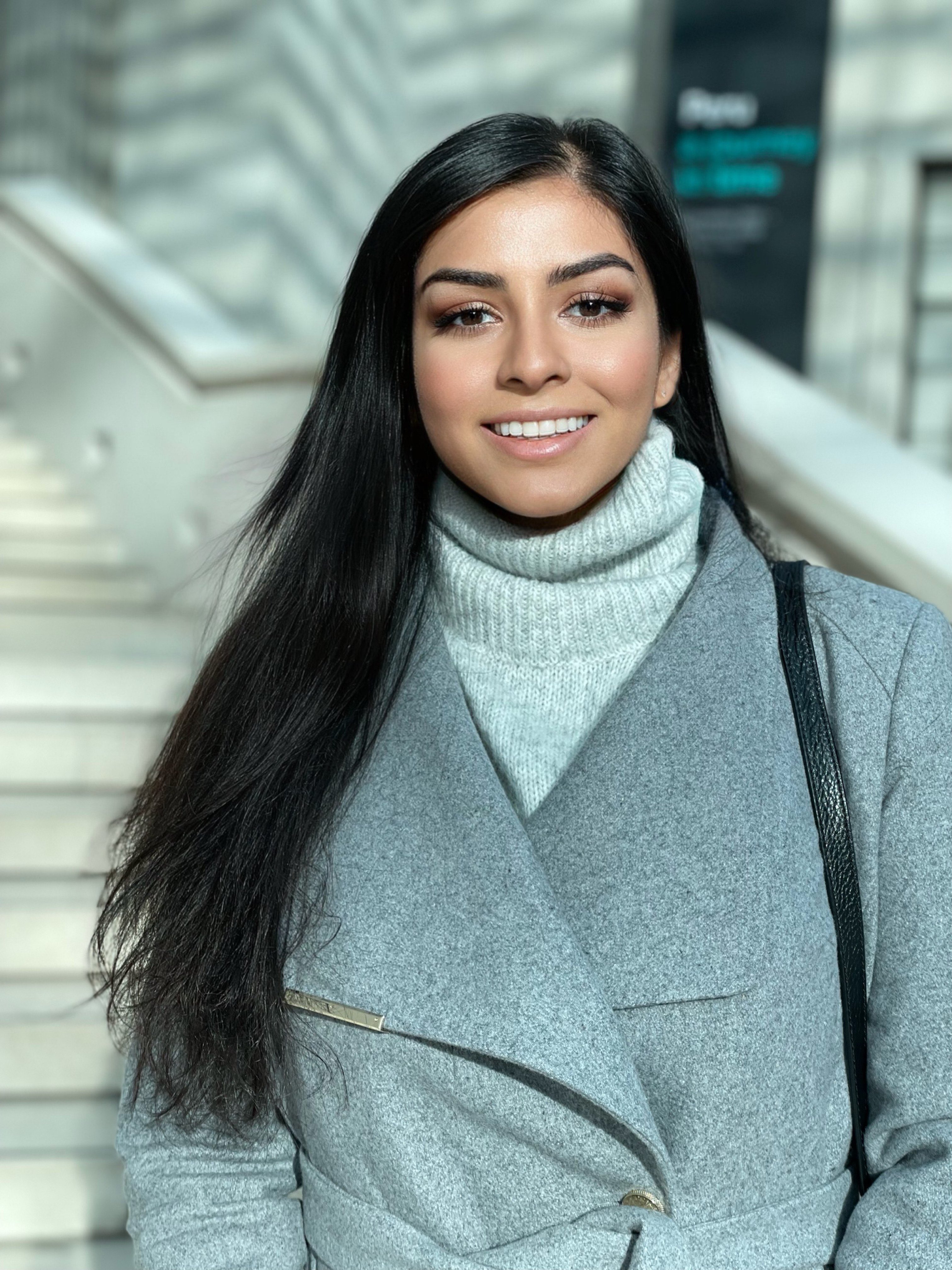
Tanvi Rao
- Scholar
- United States
- 2021 PhD Radiology
- Darwin College
As an undergraduate studying Biomedical Engineering at Georgia Tech, I became fascinated with medical imaging during internships and research focused on minimally invasive device design for radiology procedures. In my post-graduate work as a consultant, I sought to create impact through healthcare innovation but realized that subconscious bias in tactical solution design often excludes patients with the greatest need. We witnessed this during the COVID-19 crisis as those unable to access or afford care suffered disproportionately.While innovation is key to society’s well-being and progress, I believe we are also obligated to ensure that it reaches those who need it most. Through my PhD research in radiogenomics, an emerging field that combines medical imaging with genomic data, I seek to develop imaging biomarkers and predictive models for liver cancer. Ultimately, this research aims to improve access to care and reduce the resource burden on health professionals by creating tools that enhance diagnostics, enable remote assessment, and improve precision care for an under-funded yet deadly cancer. My research is supervised by Dr. Evis Sala in the Radiogenomics and Quantitative Imaging Group within the Department of Radiology.
Previous Education
Georgia Institute of Technology Biomedical Engineering 2018
Marabel Riesmeier
- Scholar
- Germany
- 2021 PhD History & Philosophy of Science
- King's College
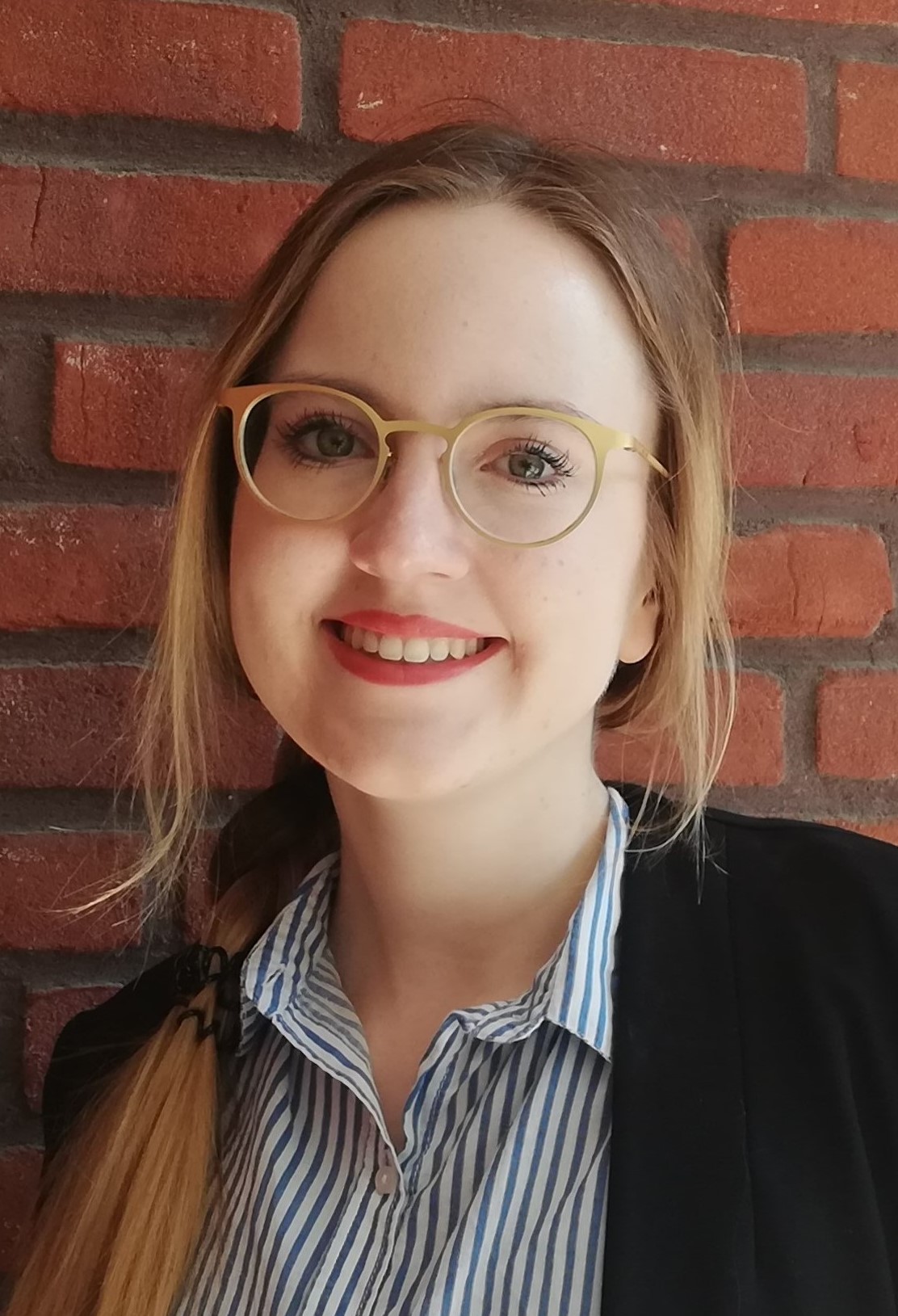
Marabel Riesmeier
- Scholar
- Germany
- 2021 PhD History & Philosophy of Science
- King's College
My path to a PhD in History and Philosophy of Science began in chemistry, a discipline that holds transformative power for society in many ways. I pursued an undergraduate degree in Chemistry and a consecutive MSc in Business Chemistry at the University of Münster. Focusing on analytical chemistry, I completed a semester abroad as a visiting researcher at the University of Oxford, where I investigated the composition of archaeological materials. To unlock the full potential of chemistry, I believe it is vital to ask questions beyond the laboratory, questions concerning the very foundations of the discipline. In my MSc in Philosophy of Science at LSE, I found the tools to articulate and address these questions. In my PhD, I want to investigate the ontology of chemical substances. They are often understood as structurally distinct natural kinds. However, on the microstructural, quantum mechanical, macromolecular and macroscopic levels, the story is much more complicated and often seems contradictory. Chemical substances make up the world around us (including ourselves), but what even are they? I am deeply grateful for the opportunity to pursue this project and look forward to being a part of the Gates scholars community.
Previous Education
University of Munster (Westfalische Wilhelms Unive Business Chemistry 2021
London School of Economics & Political Science (Un Philosophy of Science 2020
University of Munster (Westfalische Wilhelms Unive Chemistry 2017








